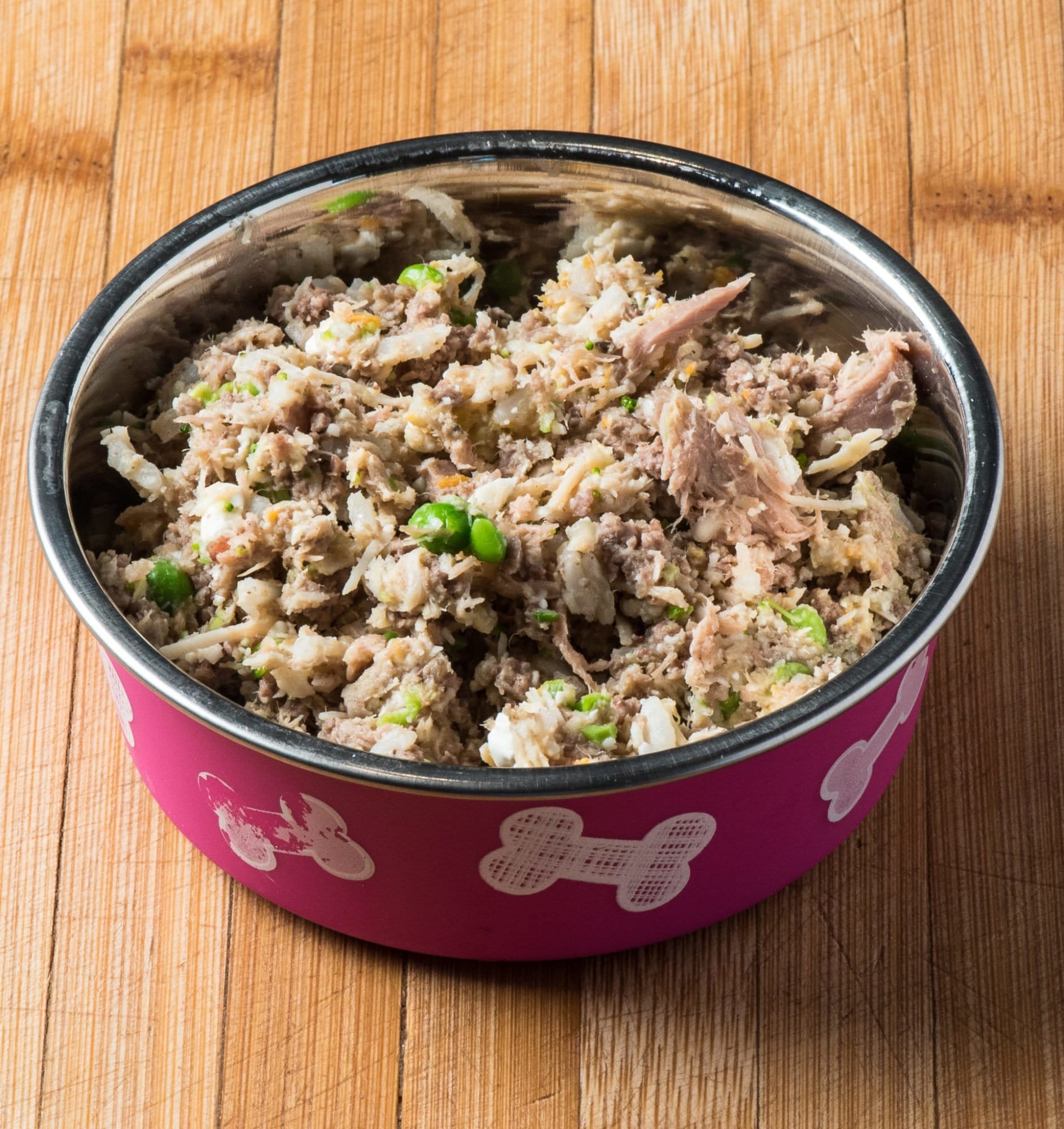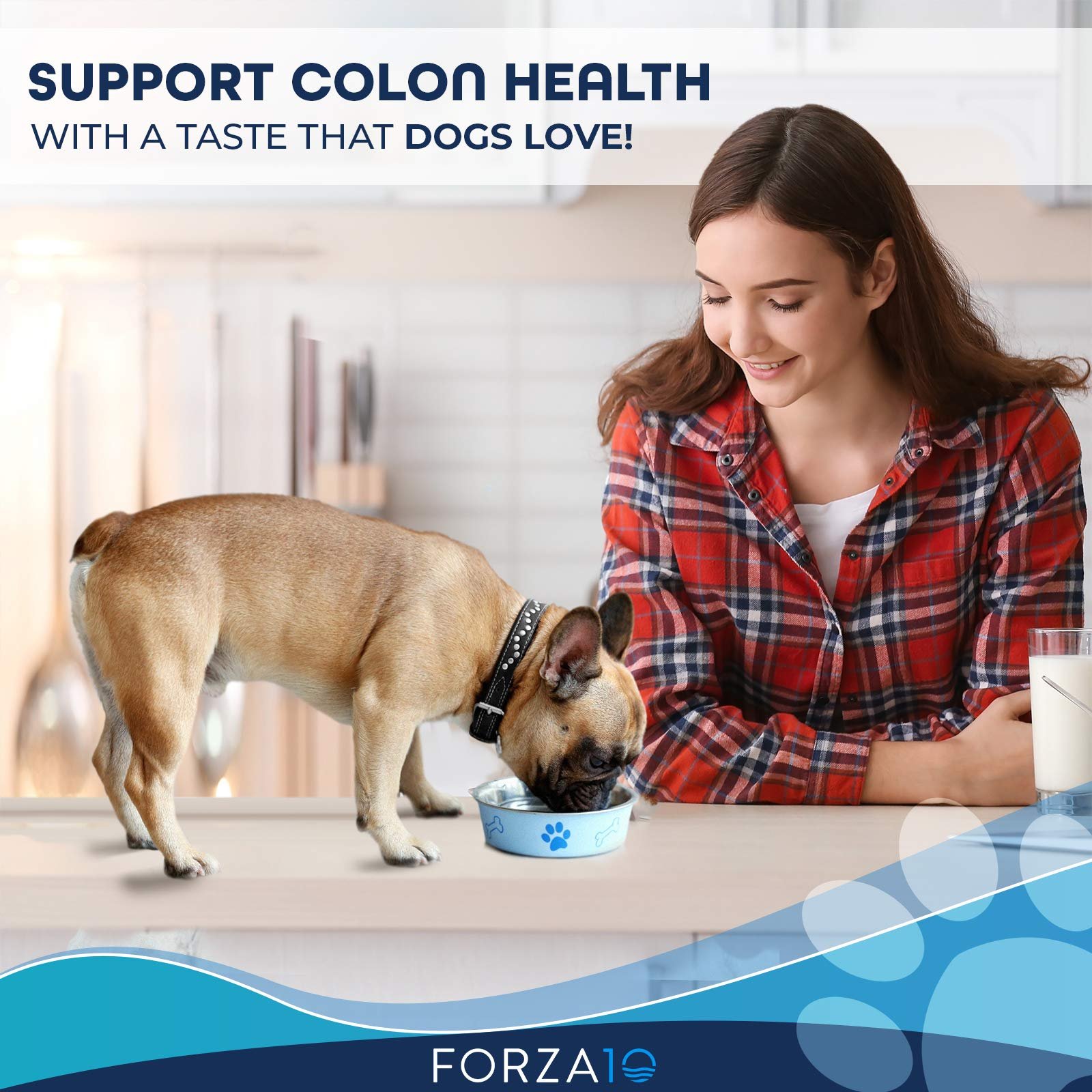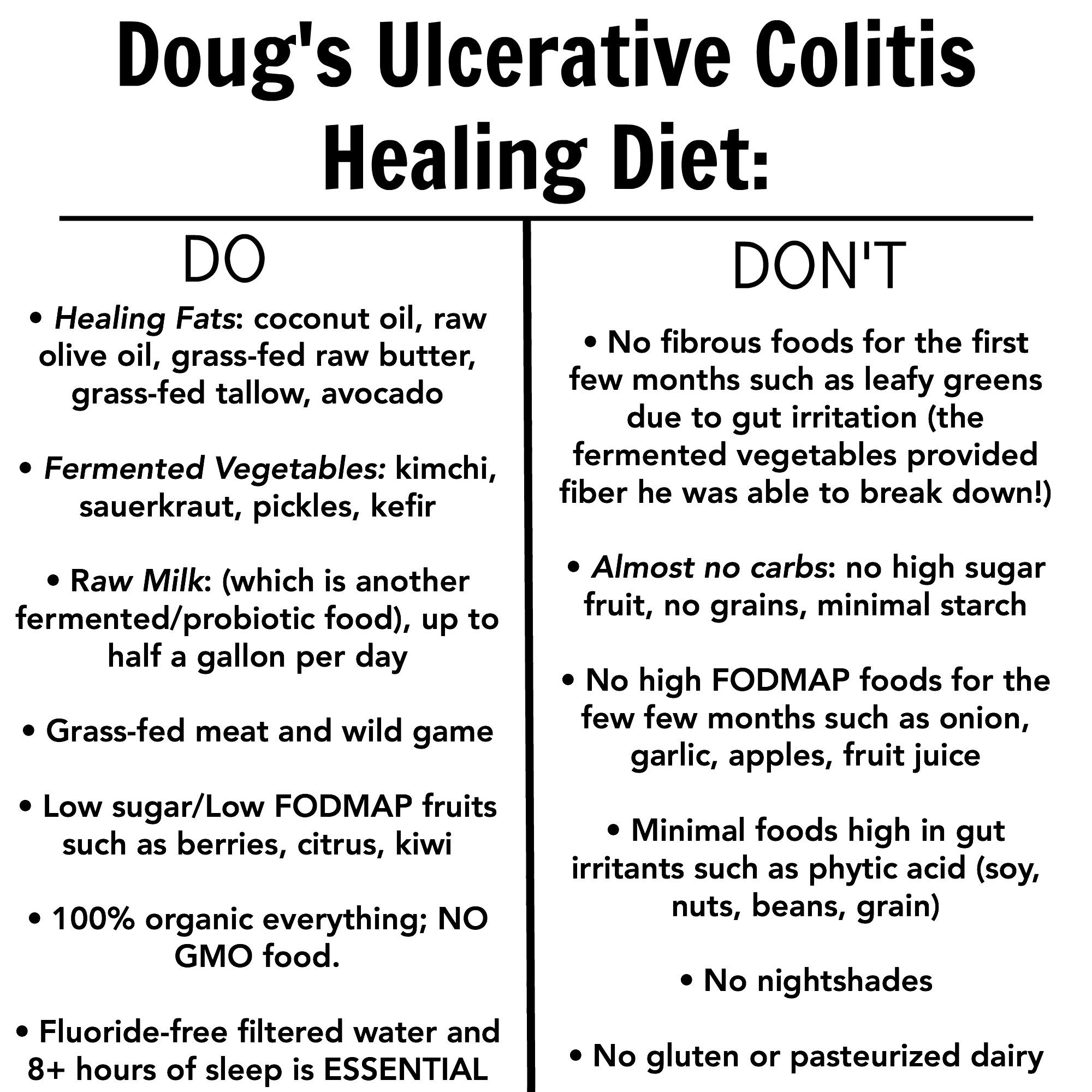**1. Homemade Diet for Dogs with Colitis: Nourishing Solutions for Digestive Health**
Feeding your dog a homemade diet designed for their specific needs can be a powerful tool in managing colitis. This article will provide you with comprehensive guidance on how to create a nutritious and balanced diet that will help alleviate digestive discomfort and promote optimal health in your beloved canine companion.
Key Takeaways:
- Fiber is essential for eliminating toxins and bacteria.
- Introduce high-fiber foods gradually.
- Consider a raw meat diet to improve colitis.
- Dietary fiber regulates bowel movements and promotes digestion.
- Probiotics, enzymes, and other supplements can support treatment.
Homemade Diet for Dogs with Colitis

Is your dog struggling with colitis, causing digestive distress? You’re not alone. Many dog owners face this challenge, but don’t despair. A homemade diet for dogs with colitis can offer a gentle and effective way to soothe their gut and promote healing.
Benefits of a Homemade Diet
- Tailored to individual needs: Unlike commercial foods, homemade diets can be customized to meet the unique needs of your dog’s digestive system.
- Eliminates allergens and irritants: By controlling ingredients, you can minimize exposure to potential triggers that worsen colitis.
- Improves digestion: A carefully balanced homemade diet rich in fiber can aid in the regulation of bowel movements.
Steps for Creating a Homemade Diet
- Consult with your veterinarian: Discuss your dog’s condition and dietary restrictions before making any significant changes.
- Gradual transition: Slowly introduce new foods over several days to avoid digestive upset.
- Choose lean protein: Provide easily digestible proteins such as boiled chicken, turkey, or fish.
- Incorporate soluble fiber: Fruits and vegetables like pumpkin, blueberries, and broccoli can bind with toxins and bacteria, aiding in their elimination.
- Add probiotics: These beneficial bacteria can support gut health and reduce inflammation.
- Consider enzymes and supplements: Digestive enzymes can assist with nutrient absorption, while supplements like glutamine and marshmallow root can provide additional support.
Sample Meal Plan
| Meal | Ingredients |
|---|---|
| Breakfast: | Oatmeal porridge with pumpkin puree and blueberries |
| Lunch: | Boiled chicken with steamed carrots and brown rice |
| Dinner: | Turkey meatballs with sweet potato mash and shiitake mushrooms |
Tips
- Avoid high-fat foods: These can irritate the digestive tract.
- Cook all meats thoroughly: To eliminate bacteria.
- Provide plenty of water: Keep your dog well-hydrated.
- Monitor your dog’s stool: Observe for changes in consistency and frequency to adjust the diet as needed.
Remember, a homemade diet for dogs with colitis should be tailored to your pet’s specific needs. By working closely with your veterinarian, you can create a nutritious and healing meal plan to support your dog’s digestive well-being.
If you have a feline companion who has been diagnosed with diabetes, discovering ways to manage their condition is crucial. Our comprehensive guide to homemade diabetic cat food will provide you with valuable insights into creating a tailored diet that meets their specific needs.
Adopting a homemade diet for your cat can bring numerous benefits to their health and well-being. Our in-depth article on homemade diet for cats explores the advantages of preparing your cat’s food at home, along with practical tips and delicious recipes.
Managing a dog with kidney disease requires a carefully tailored diet. Our expert guide to homemade diet for dog with kidney disease will empower you with the knowledge and recipes necessary to provide your furry friend with the optimal nutrition they need to thrive.
Crafting a Nutritionally Balanced Diet

Creating a nutritionally balanced diet for your dog with colitis requires careful consideration of their unique dietary needs. By understanding the essential nutrients and tailoring your homemade meals accordingly, you can help alleviate symptoms and promote gut health.
Key Nutrients to Consider
- Protein: Provides essential amino acids for tissue repair and muscle maintenance.
- Carbohydrates: Offers energy and fiber for digestive health.
- Fats: Supplies energy and essential fatty acids for skin and coat health.
- Vitamins and Minerals: Support overall health and immune function.
- Water: Crucial for hydration and digestive processes.
Tips for Crafting a Balanced Diet
- Eliminate potential allergens: Avoid common food triggers like dairy, wheat, and soy.
- Choose soluble fiber: Includes foods like oatmeal and pumpkin, which promote healthy bowel movements.
- Incorporate probiotics: Fermented foods like yogurt and kefir support gut health by introducing beneficial bacteria.
- Consider digestive enzymes and supplements: Can enhance nutrient absorption and reduce inflammation.
- Cook meats thoroughly: This eliminates bacteria and makes them easier to digest.
- Avoid high-fat foods: Excess fat can exacerbate colitis symptoms.
- Monitor stool changes: Observe your dog’s stools and adjust the diet as needed.
Key Takeaways:
- Tailoring a diet to your dog’s specific needs is essential for managing colitis.
- Eliminating allergens and incorporating soluble fiber promotes digestive health.
- Probiotics and digestive enzymes support gut function.
- Cooking meats thoroughly reduces bacterial risk.
- Monitoring stool changes allows for timely dietary adjustments.
Sources:
- Homemade Dog Food for Colitis: A Complete Guide
- Crafting a Nutritionally Balanced Homemade Diet for Dogs with Colitis: A Step-by-Step Guide
Practical Meal Preparation Tips for Dogs with Colitis
As a dog owner with a furry companion battling colitis, crafting a homemade diet can seem like a daunting task. But fear not! With a sprinkle of expertise and a dash of patience, you can create mouthwatering and tummy-friendly meals that will have your doggo feeling their best.
Key Takeaways:
- Prioritize simplicity and digestibility in your culinary creations.
- Consult with a veterinary nutritionist for a personalized touch.
- Introduce anti-inflammatory ingredients like pumpkin, sweet potato, and probiotics.
- Monitor your dog’s reactions to different foods and adjust accordingly.
- Remember, meal prepping for a canine with colitis requires patience and love.
Step-by-Step Guide to Mealtime Magic:
1. Choose the Right Ingredients:
- Lean proteins like chicken, turkey, and fish provide essential amino acids.
- Easily digestible carbs such as white rice, sweet potato, and oatmeal offer energy and fiber.
- Fruits and vegetables like blueberries, carrots, and pumpkin add vitamins, minerals, and antioxidants.
2. Cook with Care:
- Boil, bake, or steam your ingredients to preserve nutrients.
- Avoid frying or using excessive oil, as it can be hard on sensitive stomachs.
3. Balance is Key:
- Aim for a balance of protein, carbs, and fats in each meal.
- Consider supplements like digestive enzymes or probiotics to support gut health.
4. Portion Control and Timing:
- Feed smaller, more frequent meals to reduce strain on the digestive system.
- Divide daily portions into 2-3 meals to avoid overfeeding.
5. Monitor and Adjust:
- Keep an eye on your dog’s stool and appetite.
- Slowly introduce new foods and observe any changes in their digestion.
- If symptoms worsen, consult your veterinarian promptly.
Remember:
Meal prepping for a dog with colitis is a journey, not a destination. With patience, love, and a touch of culinary flair, you can craft nutritious and soothing meals that will help your furry friend thrive.
Relevant URL Sources:
- Homemade Dog Food for Colitis
- Best Homemade Dog Food Recipes for Colitis and IBD
Monitoring and adjusting the diet
Colitis can be very frustrating, but you can get through this. Your pooch will love you all the more for it! Here are a few things you can do to help:
1. Stay Vigilant:
Keep an eye on your dog’s symptoms. If they are improving, keep doing what you’re doing and proceed to adjust their diet as needed. However, if they are not improving or getting worse, it’s time to reach for that phone and call your vet.
2. Follow Up:
Once you’ve started your dog on a new diet, it’s important to follow up with your vet. They can help you monitor your dog’s progress and make any necessary changes to their diet or treatment plan.
3. Adjust Gradually:
Resist the urge to change your dog’s diet overnight. This could cause digestive upset and just add to your dog’s discomfort. Instead, make changes gradually over 7-10 days.
4. Monitor their Poop:
Changes in your dog’s stool are a good way to check if their new diet is helping. Poop should be firm, brown, and well-formed, not soft, black, red, or containing mucus or blood. If you notice any changes in your dog’s stool, it’s always best to consult your vet.
Key Takeaways:
- Watch for improvements in your dog’s symptoms.
- Stay in touch with your vet for guidance.
- Make dietary adjustments gradually.
- Monitor your dog’s stool for any changes.
Relevant URL Sources:
- Best Dog Food for Colitis: Diets for Intestinal Problems
- Going Beyond Chicken and Rice: What to Feed a Dog with Colitis
FAQ
Q1: Can a homemade diet help my dog with colitis?
A1: Yes, a homemade diet can be a valuable tool in managing colitis in dogs. By providing a balanced and digestible diet, you can help soothe your dog’s digestive system and reduce symptoms.
Q2: What are the key considerations when creating a homemade diet for a dog with colitis?
A2: Simplicity and digestibility are crucial. Opt for a diet that includes easily digestible ingredients such as cooked chicken, white rice, pumpkin, and sweet potato. Avoid rich or fatty foods that can further irritate your dog’s colon.
Q3: How often should I feed my dog a homemade diet?
A3: The frequency of feeding will depend on your dog’s individual needs. Generally, it is recommended to feed smaller, more frequent meals throughout the day to minimize digestive stress.
Q4: What supplements can I add to my dog’s homemade diet for colitis?
A4: Consider adding probiotics to support digestive health, digestive enzymes to aid in digestion, and glutamine to help repair the intestinal lining. Herbal supplements like marshmallow root and slippery elm can also provide soothing and anti-inflammatory benefits.
Q5: When should I consult with a veterinarian about my dog’s homemade diet?
A5: It is essential to consult with a veterinarian before making significant dietary changes, especially for dogs with colitis. They can provide personalized guidance, ensure your dog’s diet meets their nutritional needs, and monitor their response to the dietary changes.
- Annapolis Mall Map & Directory: Find Stores, Restaurants & More - March 29, 2025
- Angel of Harmony Statue Vandalized at St. Louis Cathedral Basilica - March 29, 2025
- Amur River Maple ( Acer ginnala): A Comprehensive Guide (Including Invasiveness) - March 29, 2025










